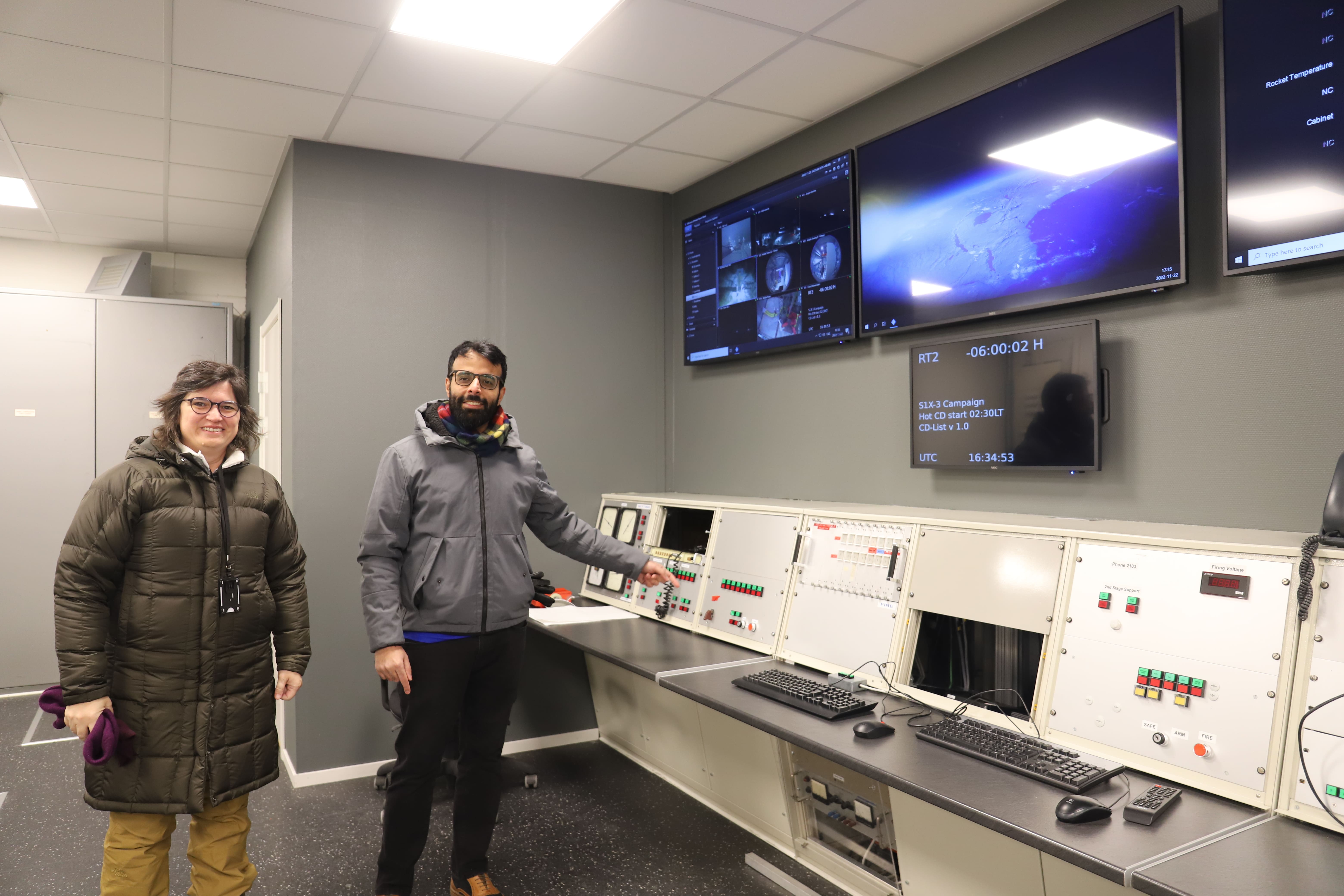
Khalifa University’s CeCaS Center Prepares Materials for ESA’s ARLES Experiments to Help Build Space Manufacturing Capabilities in Microgravity
Khalifa University of Science and Technology today announced a team of researchers in collaboration with scientists from the University of Cambridge, University of Brussels and York University, have successfully conducted advance studies on printing and deposition of two 2D materials as part of the Advanced Research on Liquid Evaporation in Space (ARLES) experiments of the European Space Agency (ESA).
Such advanced studies on printing in microgravity are expected to help in the development of knowledge for printing in space, in order to build space manufacturing capabilities that will help future space exploration missions and can play a critical role in human space exploration.
The Khalifa University Center for Catalysis and Separations (CeCaS) prepared the two 2D materials – hexagonal boron nitride (h-BN) and molybdenum disulfide (MoS2) – for testing aboard the ‘sounding rocket’ (MASER15) that was launched on 24 November 2022. The rocket is used as an instrument to take measurements and perform scientific experiments during its sub-orbital flight. The testing setup on the rocket was built in collaboration with ESA, Swedish Space Corporation and other partners. The 2D materials provided in the project complement the experiments and materials tested by University of Cambridge, University of Brussels and York University.
Dr. Arif Sultan Al Hammadi, Executive Vice-President, Khalifa University, said: “The advanced studies on the two 2D materials aboard a rocket in space demonstrates Khalifa University’s commitment to go the extra mile and initiate steps for building future manufacturing capabilities even in microgravity conditions. We believe such forward-looking research initiatives not only keep us in the forefront of technology, but also in laying the foundation for a well-structured space industry ecosystem that will be second to none globally.”
Dr. Yarjan Abdul Samad, Assistant Professor, Aerospace Engineering is the lead Khalifa University researcher, who is supported by Professor Kyriaki Polychronopoulou,, Mechanical Engineering, and Professor Sean Shan Min Swei, Aerospace Engineering.
The two 2D materials are used extensively in coatings for lubrication, thermal management, energy storage for conversions, as well as in today’s electronics. Generally, the applications of 2D materials are expanding due to their exceptional properties and characteristics.
Dr. Yarjan Abdul Samad said: “The results include the droplet deposition of 2d materials on a substrate, which provides us with the conditions for printing and deposition in that environment. The experiments have worked well and we are analyzing the data which will provide us with the conditions and requirements for printing and deposition in space. This will help build the foundation of material manufacturing processes in microgravity conditions.
Clarence Michael
English Editor Specialist
11 April 2023